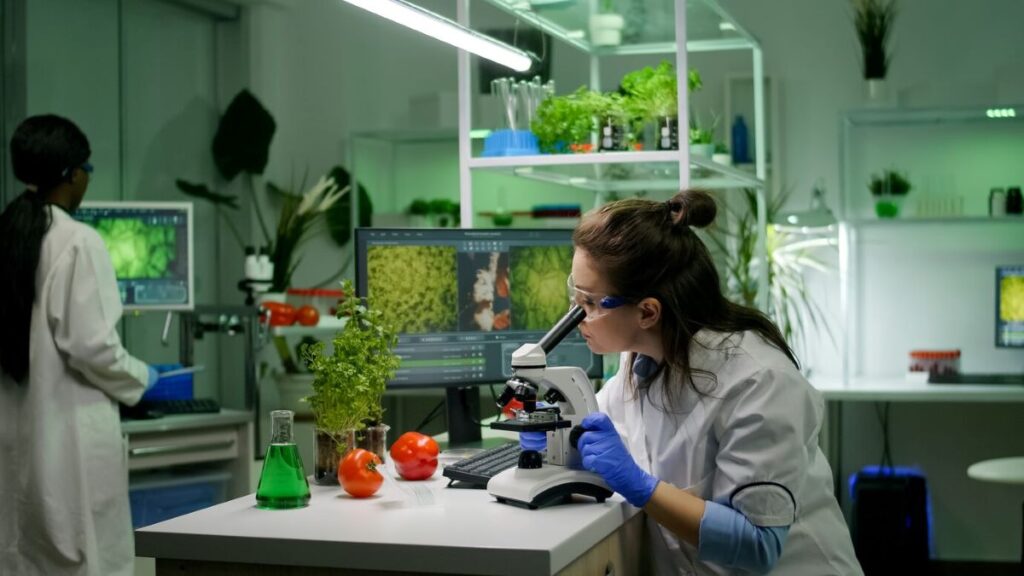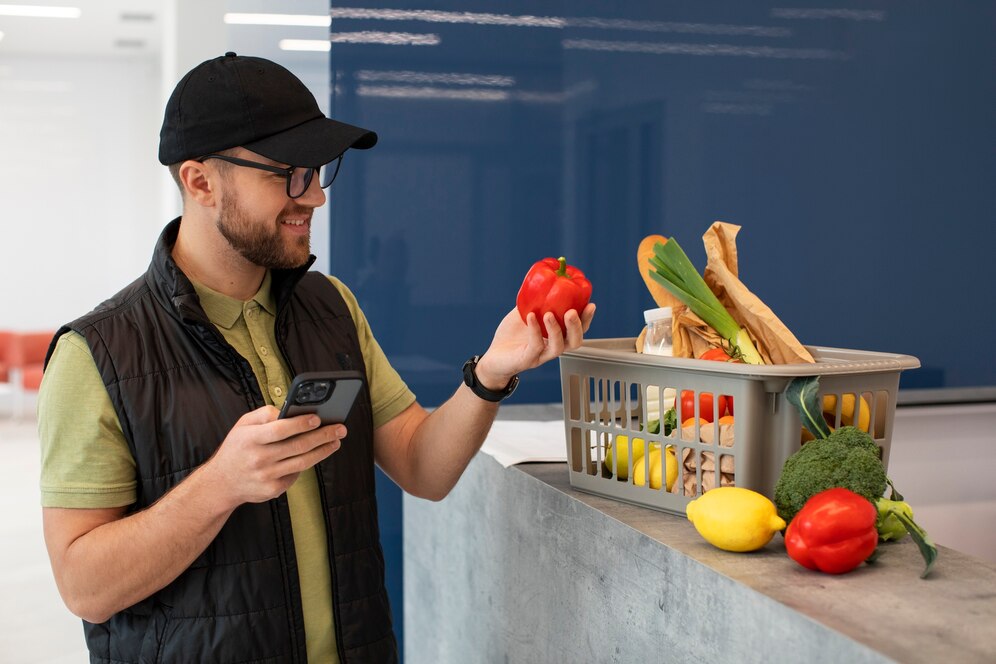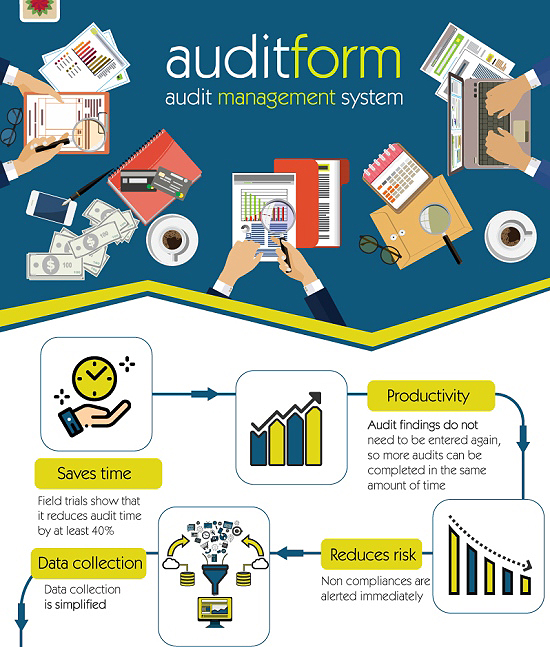As the food industry continues to evolve, the importance of robust food safety practices cannot be overstated. In 2025, food safety software companies are at the forefront of ensuring compliance, enhancing operational efficiency, and safeguarding consumer health. However, not all software solutions are created equal. This article delves into the distinguishing features of leading food safety software companies, exploring what sets them apart in a competitive landscape.
Innovation in Technology
Advanced Data Analytics
Leading food safety software companies are increasingly leveraging advanced data analytics to provide actionable insights. By harnessing the power of big data, these companies enable food businesses to identify trends, monitor compliance, and predict potential risks before they escalate. This proactive approach not only enhances safety but also optimises operational efficiency.
With the ability to analyse vast amounts of data in real-time, companies can make informed decisions that lead to better resource allocation and risk management. This analytical capability is particularly crucial in an industry where even minor lapses can have significant repercussions.
Integration with IoT Devices
The integration of Internet of Things (IoT) devices into food safety software is another hallmark of leading companies. IoT technology allows for the continuous monitoring of environmental conditions, such as temperature and humidity, which are critical for food safety. By connecting these devices to a central software platform, businesses can receive instant alerts when conditions deviate from established parameters.
This real-time monitoring not only helps in maintaining compliance with safety regulations but also enhances the overall quality of food products. As a result, companies that embrace IoT integration are better equipped to prevent foodborne illnesses and ensure consumer safety.
User-Centric Design
Intuitive Interfaces
In 2025, user experience has become a pivotal factor in the success of food safety software. Leading companies prioritise intuitive interfaces that simplify navigation and reduce the learning curve for users. A well-designed software platform enables staff at all levels to engage with the system effectively, ensuring that food safety protocols are adhered to without confusion or frustration.
Moreover, user-centric design extends beyond aesthetics; it encompasses functionality that aligns with the specific needs of food businesses. Customisable dashboards, easy access to critical information, and streamlined reporting tools are just a few features that enhance usability and drive compliance.
Comprehensive Training and Support
Another distinguishing factor is the commitment to comprehensive training and ongoing support. Leading food safety software companies recognise that even the most advanced technology is only as good as the people using it. Therefore, they invest in extensive training programmes that equip users with the knowledge and skills necessary to maximise the software’s potential.
Additionally, responsive customer support is crucial. Companies that offer 24/7 assistance and readily available resources ensure that clients can resolve issues swiftly, minimising disruptions to their operations. This level of support fosters a strong partnership between the software provider and the food business, contributing to long-term success.
Regulatory Compliance and Standards
Staying Ahead of Regulations
Food safety regulations are constantly evolving, and leading software companies are adept at staying ahead of these changes. They proactively update their platforms to reflect the latest compliance requirements, ensuring that their clients are always operating within the law. This commitment to regulatory alignment not only protects businesses from potential fines and legal issues but also builds trust with consumers.
Moreover, these companies often collaborate with regulatory bodies and industry organisations to anticipate future changes in legislation. By being proactive rather than reactive, they position their clients for success in an ever-changing regulatory landscape.

Certifications and Accreditations
Another aspect of regulatory compliance is the importance of certifications and accreditations. Leading food safety software companies often hold relevant certifications that demonstrate their commitment to quality and safety standards. These certifications can enhance the credibility of the software and provide peace of mind to clients, knowing they are using a trusted solution.
In addition, many companies offer features that facilitate the certification process for their clients, such as documentation management and audit preparation tools. This added value can significantly streamline the path to achieving and maintaining necessary certifications.
Customisation and Scalability
Tailored Solutions for Diverse Needs
One of the key differentiators among food safety software companies is the ability to offer tailored solutions that meet the unique needs of various businesses. Whether it’s a small local producer or a large multinational corporation, leading companies understand that a one-size-fits-all approach is insufficient.
Customisation options allow businesses to select the features and functionalities that align with their specific operations. This flexibility ensures that the software can grow alongside the business, adapting to changes in scale, complexity, and regulatory requirements.
Scalability for Future Growth
Scalability is another critical factor that sets leading food safety software companies apart. As businesses expand, their food safety needs may evolve, necessitating a software solution that can accommodate growth. Companies that prioritise scalability provide clients with the assurance that their software will continue to meet their needs, regardless of size or complexity.
This forward-thinking approach not only enhances client satisfaction but also fosters long-term partnerships, as businesses are less likely to switch providers when they know their software can grow with them. Check out more about Is Food Safety Manager Software Right for Your Business? Here’s How to Tell?
Data Security and Privacy
Robust Security Measures
In an age where data breaches are increasingly common, leading food safety software companies prioritise data security and privacy. They implement robust security measures, including encryption, multi-factor authentication, and regular security audits, to protect sensitive information from unauthorised access.
These security protocols are essential not only for compliance with data protection regulations but also for maintaining the trust of clients and consumers. Businesses that handle sensitive food safety data must ensure that their software solutions provide the highest level of security to safeguard against potential threats.
Transparency in Data Handling
Transparency in data handling practices is another hallmark of reputable food safety software companies. Clients should have a clear understanding of how their data is collected, stored, and used. Leading companies provide detailed privacy policies and are open about their data management practices, fostering trust and confidence among users.
Furthermore, these companies often offer clients the ability to control their data, including options for data export and deletion. This level of transparency and control is increasingly important in today’s data-driven landscape.
Collaboration and Community Engagement
Building Industry Partnerships
Leading food safety software companies recognise the value of collaboration and actively engage with industry partners. By building strong relationships with food producers, regulatory agencies, and industry organisations, these companies can stay informed about emerging trends and challenges in the food safety landscape.
Moreover, collaboration often leads to the development of innovative solutions that address specific industry needs. By working together, companies can create software that not only meets regulatory requirements but also enhances overall food safety practices across the industry.
Community Support and Resources
In addition to industry partnerships, leading software companies often contribute to community support initiatives. This may include providing educational resources, hosting webinars, and participating in industry conferences. By sharing knowledge and expertise, these companies help elevate the overall standard of food safety within the industry.
Such engagement not only benefits the food safety community but also positions the software companies as thought leaders in the field, further enhancing their reputation and credibility.

Conclusion
As the food safety landscape continues to evolve in 2025, the leading software companies are distinguished by their commitment to innovation, user-centric design, regulatory compliance, customisation, data security, and community engagement. By prioritising these factors, these companies not only enhance their own offerings but also contribute to the overall improvement of food safety practices across the industry.
For businesses seeking to invest in food safety software, understanding what sets these leading companies apart is crucial. By choosing a provider that aligns with their specific needs and values, businesses can ensure they are well-equipped to navigate the complexities of food safety in an ever-changing environment.




